Cleopatra Coleman Plays the Fascinating Center of a Tabloid Scandal in 'Clipped'
The Australian actress discusses finding humanity in her depiction of V. Stiviano in the new FX series about the Donald Sterling scandal.
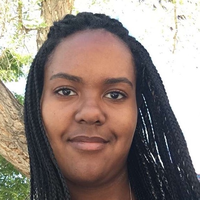
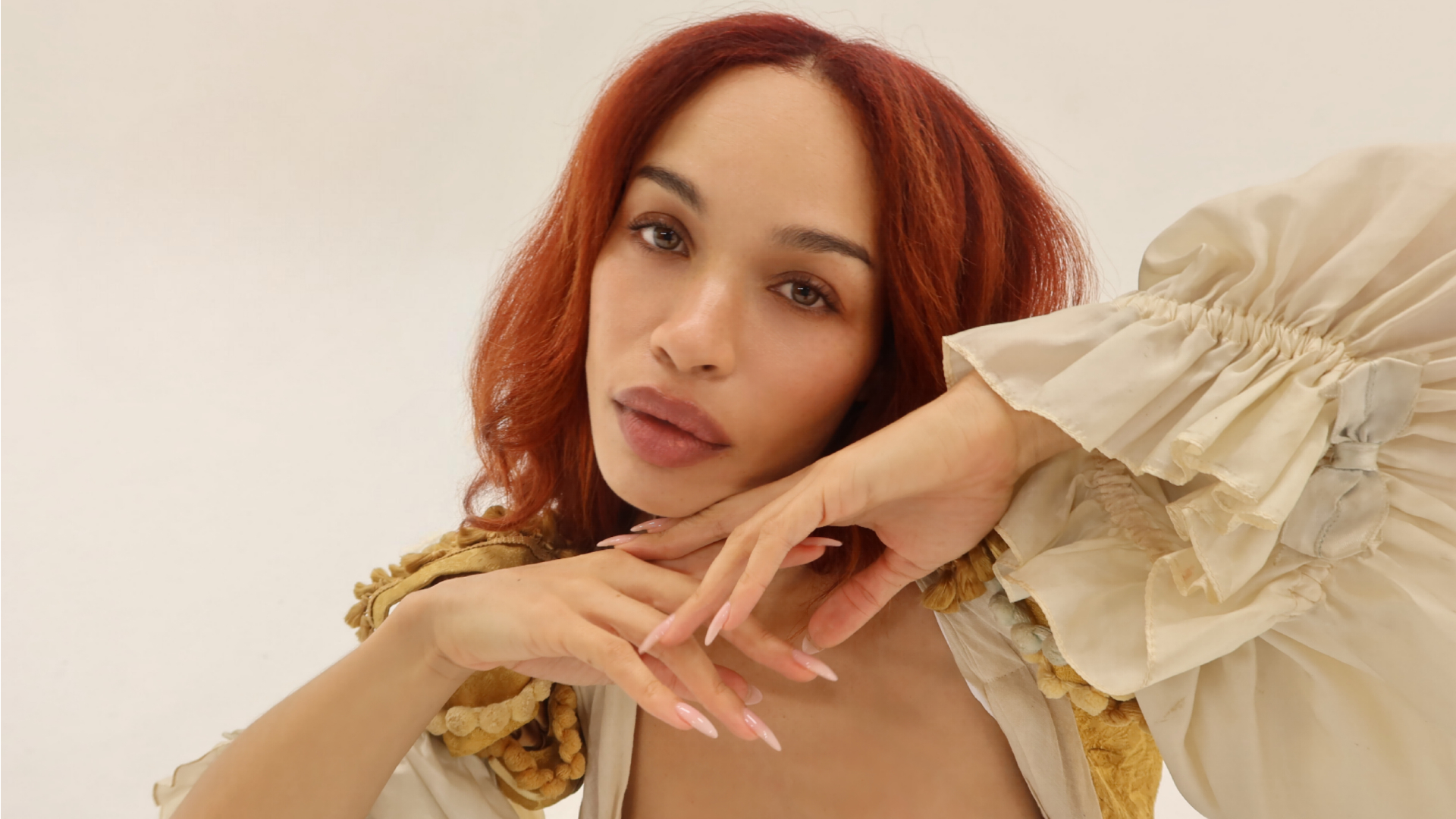
In 2014, Cleopatra Coleman and V. Stiviano were both up-and-comers seeking success in their respective fields. Coleman had just moved from Australia to L.A. to pursue acting in the U.S.—and in the years since, she has become an underrated, versatile scene-stealer on projects ranging from last year’s gruesome Infinity Pool and the FOX comedy The Last Man on Earth. Stiviano was the assistant to LA Clippers owner Donald Sterling and his girlfriend at the time, and nearly overnight, she became an infamous tabloid figure when TMZ released a tape of Sterling telling her not to associate with Black people. Stiviano is still best known for the scandal and has remained out of the public eye to this day, save for one viral interview.
When the tape leaked, the private conflict between Stiviano and Donald’s wife Shelly Sterling became the nation’s monocultural scandal. It also led to a racial reckoning within the NBA revolving around players’ right to protest and what owners (now dubbed “governors”) can get away with regarding their teams.
A decade later, Coleman brings Stiviano to life in FX’s Clipped, which presents her as more than the stereotypical “other woman.” “There are so many perspectives the show could have taken,” Coleman tells Marie Claire. “The fact that we were wanting to delve into her psychology at all was really exciting to me because there could be a version of this show where you [only showed] the surface-level, tabloid version of her.”
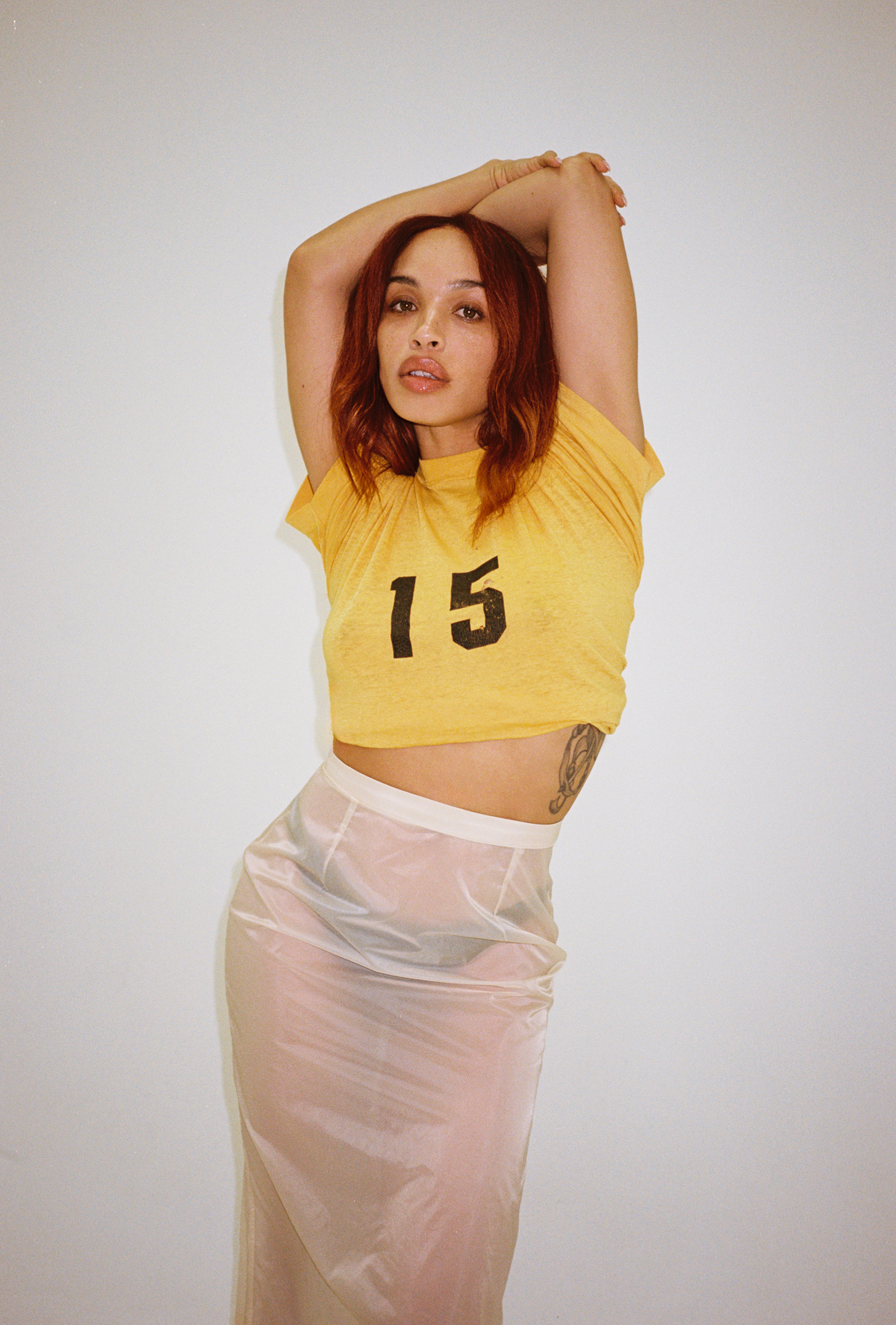
Cleopatra Coleman, 36, says she approached her Clipped character "through compassion and empathy—just genuinely being interested in her, where she was coming from, what her motivations were, and who she was as a human being."
So instead of portraying her as a caricature, Coleman portrays Stiviano as a layered, ambitious woman determined to reinvent herself, possibly to her detriment. “I felt like I was playing a character based on the myth of V,” she says. “There's this idea of her with the visor and the roller skates and the white suit and the Barbara Walters and the Silly Rabbit and all of that. But then there's this human being underneath all of it.”
Now that Clipped is airing weekly on Hulu, following its June 4 premiere, Coleman chats with Marie Claire about performing scenes with Jacki Weaver and Ed O’Neill, the difference between seeking fame in 2014 and 2024, and how growing up feeling like an outsider eventually helped her Hollywood career.
Marie Claire: When you first heard about the Sterling tape scandal, what were your first impressions of everything?
Cleopatra Coleman: I had just moved to L.A. [in 2014], so I was in the States when it happened. I remember everyone was talking about it. It was such a scandalous, bizarre, upsetting combination of things. I remember V. I remember the way people were talking about V at the time. I knew what everyone else knew, which was this surface-level version of her and what we were seeing in the tabloids. So it has been really cool to unpack her further.
Get exclusive access to fashion and beauty trends, hot-off-the-press celebrity news, and more.
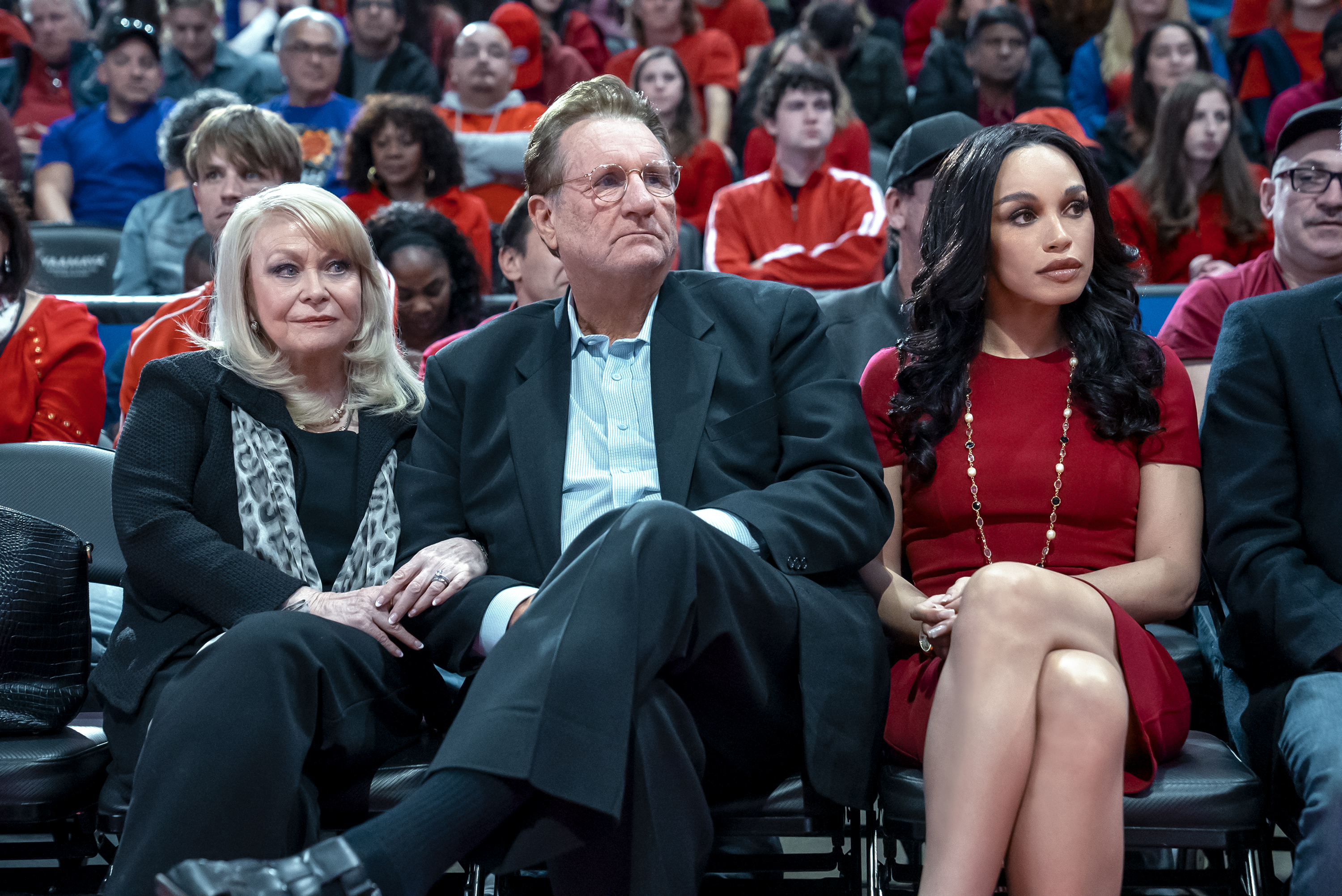
Shelly Sterling (Jacki Weaver), Donald Sterling (Ed O'Neill), and V Stiviano (Cleopatra Coleman) sit courtside pre-tape, in Clipped.
MC: She's a fascinating person in this saga because she's still essentially a cipher. There’s only an interview of her with Barbara Walters that’s available, and she’s so hard to read. How do you prepare to play a character like that?
CC: I was really grateful to [showrunner] Gina Welch and her exciting, nuanced, thoughtful perspective on V. In terms of getting into the character, a lot of it is the writing. I couldn't have done the performance I did without the infrastructure that Gina laid out, in just being interested in how V feels and what her experience was.
I've never played a real person before. I did approach her like I'd approach any fictional character, except that I did have that interview and a couple of other things to look at. Other than that, I really tried to treat her like any character I would approach, and that's through compassion and empathy always—just genuinely being interested in her, where she was coming from, what her motivations were, and who she was as a human being.
MC: Looking through your previous credits with Neighbours, Infinity Pool, and The Last Man on Earth, you have a history of playing characters in wild situations, whether that's soap opera or absurd horror. V can be quite melodramatic. Did you feel like you played her as going through this experience in an emotionally heightened way?
CC: She's interesting because there are elements that are quite heightened, and then she'll adopt two children, which I think is a very down-to-earth human thing. I locked into the tone of the show and the way she was written—and it is heightened because it was a heightened scandal. Harnessing that energy in the show was really important.
There's a definite heightened idea because this show is based on a true story. It's not a documentary. It is fiction, but there are factual elements. I had so much fun playing with the heightened versions, and then the moment that you think, 'Oh, this person's not a human,' like reminding you, 'No, she absolutely is.' That was really fun as an actor.
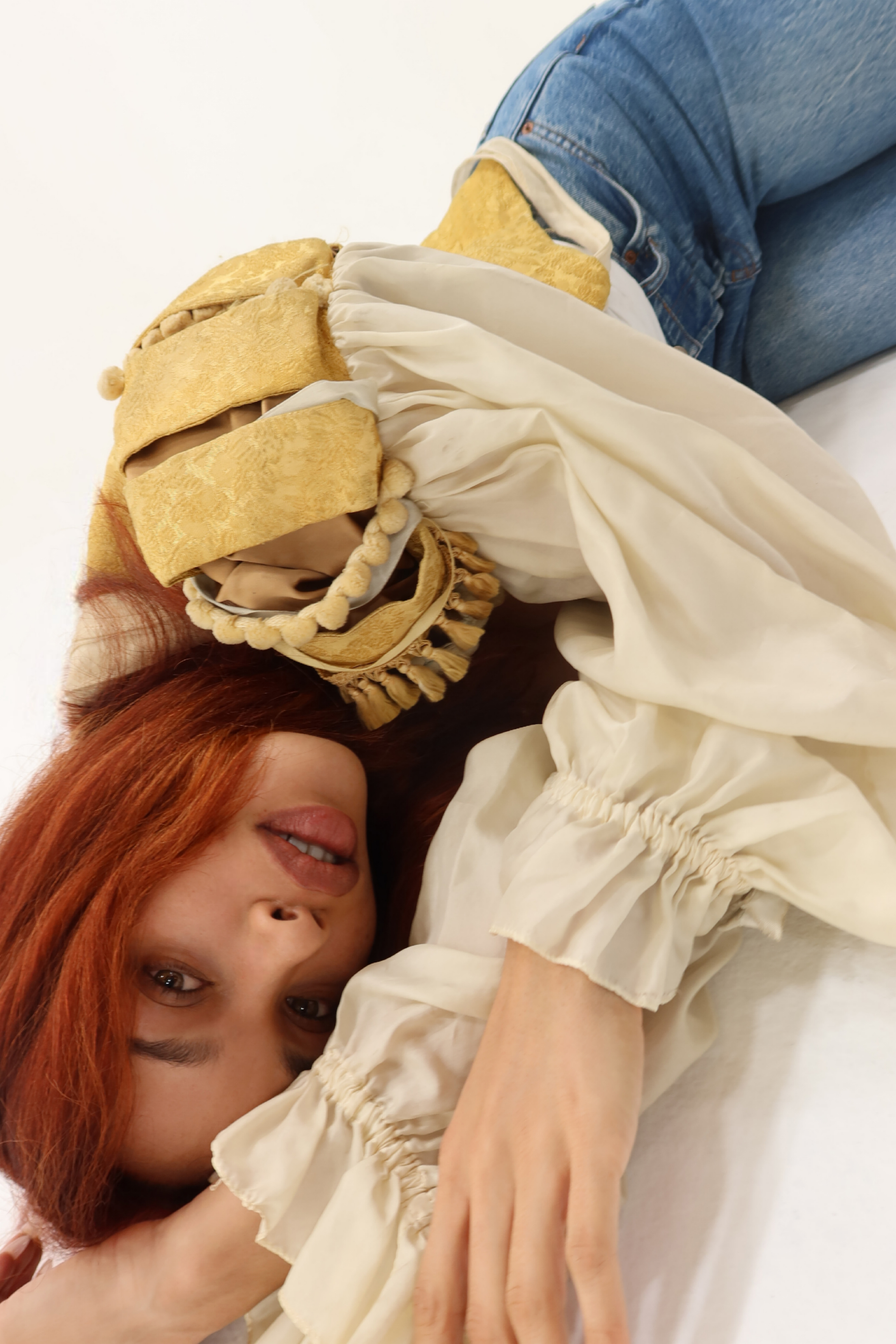
Coleman admits she doesn't "prioritize" fame. "In my realm, that success opens doors and allows me to play more characters and make more art," she says.
MC: V essentially was myth-making at the moment. There’s just not much foresight or thinking ahead to what comes on the other side of that fame.
CC: It was just a different time. It was kind of a seminal, viral situation. I've been thinking about this idea of like, 'If this had happened now, would it have made as much of a lasting impact,' because there are so many scandals going on all the time that we're noticing because of social media. I don't think they're happening more; I think we're just more aware of them. Perhaps if this happened now, two days later, there'd be something else.
MC: It also makes me think of some of the imagery that comes up in the show with Kim Kardashian and Omarosa. It is very much of that time and makes you think about how the nature of influencing has changed so much since then.
CC: Absolutely. The way we treat these kinds of female figures is different too. People in L.A. who have had run-ins with V love to tell me she's this or she's that. A lot of the time it's negative, and it's very interesting to me that they don't say, 'Oh, that Donald Sterling.' But then you ask other people and they're like, 'She's an icon. She's iconic.' Had this happened today, I think she would've been seen more in that light and we would've had more space to see her humanity more. But I will also agree that there's not much to gather from what we saw at the time [from] that myth-making and the images we saw. It was a very limited idea of her.
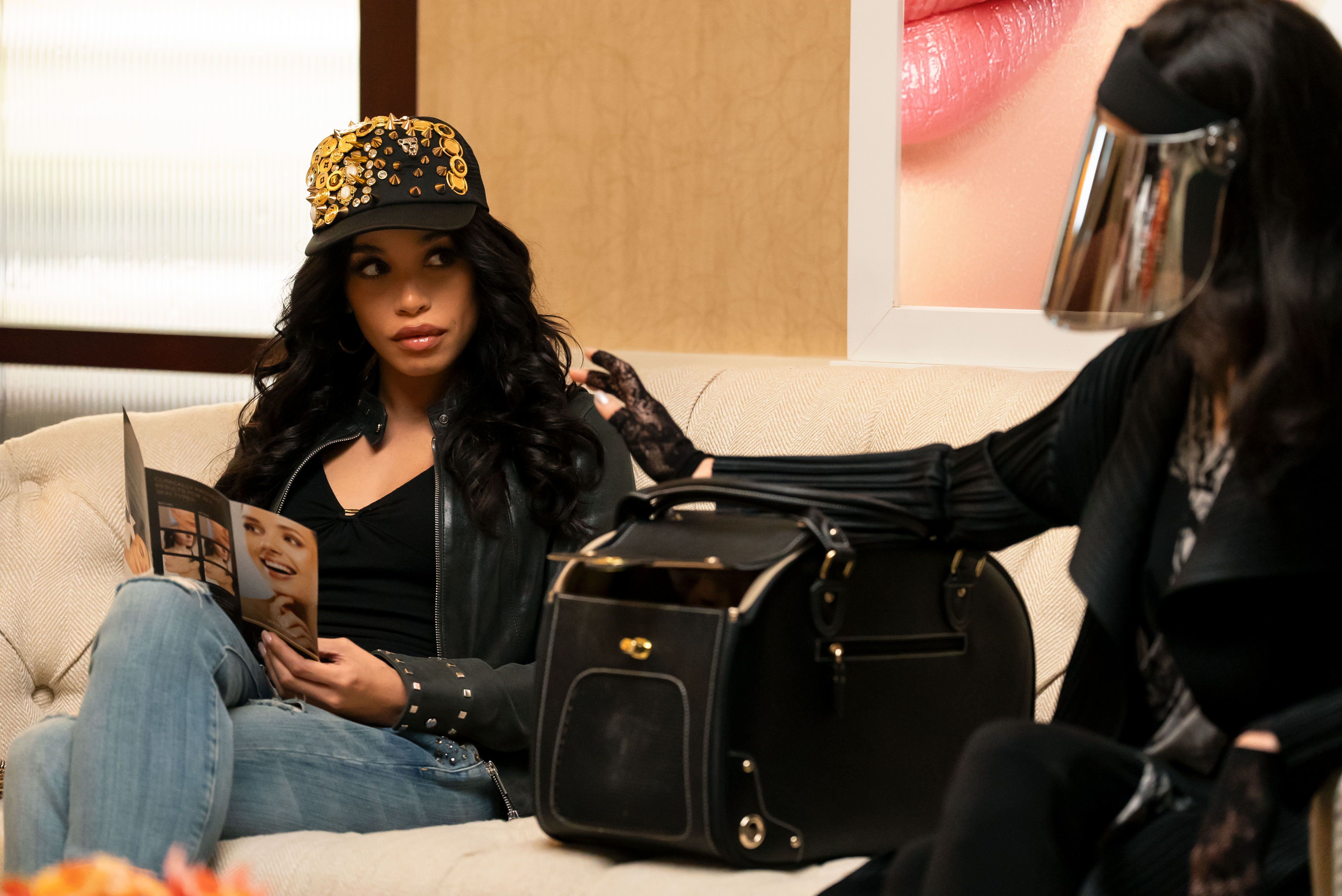
V Stiviano gets the idea for her infamous visor in Clipped.
MC: Speaking of heightened absurdity, was there a scene in which you had the most fun playing opposite the Sterlings? Like, was it fun to call Shelly Sterling a witch?
CC: A lot of actors love to play the quote-unquote 'baddie.' In that moment, V was the baddie. Also though, I love Jacki [Weaver] so much. She's so sweet, and a fellow Australian. There was part of me that was dreading it. I hated being mean to her, but she also made it fun.
There's one take [from episode 1] that's not in the show, but we were trying different things, and when I blew in her face, 'You're dust,' she blew right back. And I was like, [gasp]. It was just so playful and so fun. It helps to have an actor to work opposite like Jacki Weaver, who's just an undeniable presence, and you feel that sense of trust that you can go there and we're enjoying it.
MC: Did you also have a playful mood with Ed O'Neill, even as he's playing such a horrible person?
CC: Yes, I did. Ed is such a legend, and he and I do really have this familial bond. It was shocking to me how quickly he and I were thick as thieves. He's so caring and wonderful and I felt really safe with him. It was similar to Jackie. These are pros, and so we knew what we were doing, and I felt safe to play with that very, very complicated dynamic that V and Donald have with Ed.
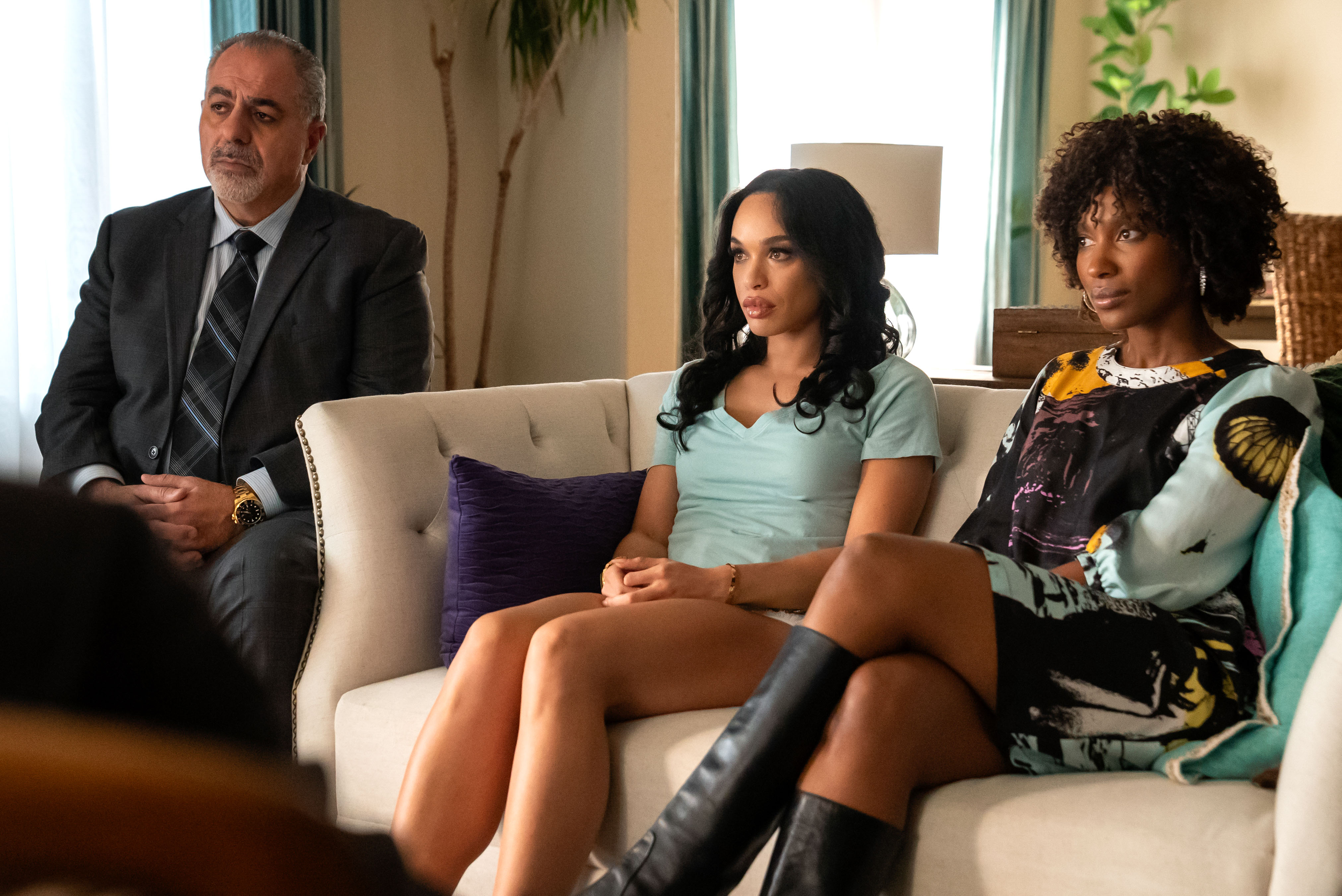
V Stiviano (Coleman, center) speaks with NBA lawyers while flanked by her lawyer Mac Nehoray (Jack Topalian, left) and her friend Deja (Yvonna Pearson, right).
MC: Clipped offers some insight into V’s thinking by including scenes with Deja, her friend who she discussed everything with, but who also pushed back. What was it like playing those scenes?
CC: Really great. I did that with Yvonna Pearson, who was so excellent. She's so good in the show. Gina gave her these amazing lines about the world, feminism, and the patriarchy. All we had to do was say the words, because they meant so much, and we could bounce off each other.
It was really interesting to play with the power balance and how that shifts in their relationship. There's a time when V's really looking to her, and Deja's in a powerful position, and then there's a time when V becomes more powerful. Even in the middle of a conversation, V will switch positions. There's a lingerie scene where V's trying on the corset to go talk to Donald and Deja's schooling her on how it works. And then halfway through the conversation, V starts schooling Deja. I had so much fun with those scenes; they are really a highlight.
MC: The show portrays the different natures of fame. In the big confrontation between V and Deja, when V becomes a paparazzi star, Deja says that V is now the bad kind and famous, and V says, "There's no such thing." How did the show make you think about whether the nature of fame is a plus or a detriment?
CC: It depends on the person. There are a lot of people who are happy to be famous. They don't care what it's for. I don't really relate to that. In my realm, that success opens doors and allows me to play more characters and make more art. It's always art-focused. But I do understand that there are people who have different priorities, and we are living in a world where you can make that happen from your living room. If your goal is to make money, you really can these days. But for me, that's never been a focus or a goal. It's always just been about what I can create, and how exciting it feels to embody characters that excite me or work with people like Gina, collaborators who push me to a new place as an artist.
"I'm very interested in people who are outliers, either because they're defiant, or because they're vulnerable, or because they're just different."
MC: Every role you’ve played is so versatile and chameleonic. Why did you decide to do a bit of everything in your career rather than focusing on a certain genre?
CC: It's just about the character. I'm very, very lucky that I've been able to have such a versatile career. I used to feel self-conscious about it and that I needed to choose a lane, and then I realized, that was my lane. to be as different as possible in every role, just really throw myself in, be as immersive as possible, disappear as much as I could, and be of service to the story.
I'm very interested in counterculture and people who are outliers, either because they're defiant, or because they're vulnerable, or because they're just different. That's something that I relate to; maybe that's why I end up doing jobs like that.
MC: Growing up mixed-race in Australia, did you feel a bit different, and then maybe like a fish out of water once you moved to the United States?
CC: Absolutely. Growing up in Australia, I never saw anyone that looked like me in the media. I think for a lot of us at that time, it wasn't the way that it is now, but especially in Australia, it really was not diverse. I'm also very grateful for that time because it taught me the skills that I have. It taught me my work ethic, and this idea that you have to be undeniable. You have to make it so they can't say no. To come from a space where there was no space for me, there was no lane—I still to this day have not done an Australian film—I'm also really grateful to have been able to come to America and to be able to find my place. It's not something that would've been possible in Australia.
Ultimately as an artist, I'm so, so grateful for my experience. I feel like an anthropologist when I look at other people, and that all stems from being different, being on the outside, being so interested in their psychology, and thinking, 'What's it like to be normal? What's it like to grow up with a white picket fence and like all of that?' My childhood was incredible, but it wasn't like anyone else's. It was completely creative and wild and in nature and I was just like, 'What's it like to be a normal girl?' I just found that so interesting. It's definitely been a gift as far as being an artist and having a perspective.
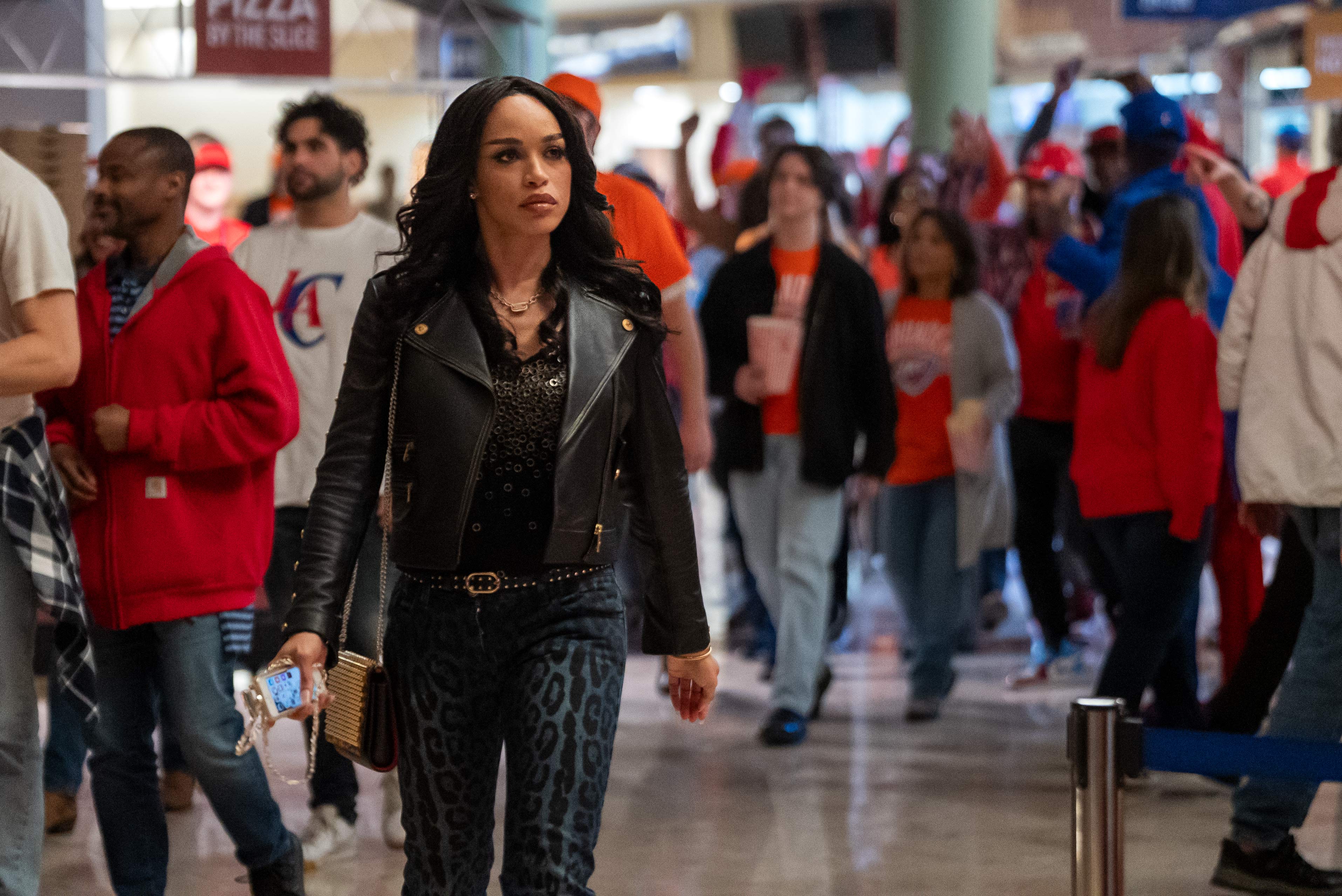
When V. Stiviano's (Coleman) access to the Clippers arena is restricted, it means war.
MC: You do have a history of writing and producing your own projects. Have you like, felt any pull to get behind the camera, as you're now 20 years on in your career?
CC: It's definitely something that interests me. I have directed a couple of short films. The one I most recently directed hasn't been released, because I'm keeping it for myself for now, but I am developing it into a feature.
My dad was a script editor for a long time, and he's a writer, as well, and it's a very unstable business. The first lead role I ever had in a feature film, I wrote myself. I learned that being an outsider in Australia, you just develop more skills. I see it as a positive. If you can rise to the challenge, it grows you. So writing was always something I knew I was going to do. I thought I'd have an acting career first and then I would write. But what I've realized is that it's better to be able to create your own opportunities.
MC: You're currently working with Jason Bateman on his next Netflix series, Black Rabbit. Clipped is already major, but once you hit Netflix, there are so many eyes on you that it's another level. As you're getting close to another level of fame and recognition, how do you like to stay true to yourself and your self-image?
CC: We'll have to see. I don't feel at risk of losing myself at all. I don't know if that's naive, but my career has been like a slow build. There haven't been a lot of huge jumps where my world has completely changed. It has slowly changed, and I've been able to acclimatize along the way, which has been really healthy, psychologically and emotionally. I've watched it happen the other way for people, where they change and they can't get a grasp of the ground. I think because I don't really prioritize fame, if anything, I welcome the idea of having access to more characters to play. It's always about that. I've been doing this for so long, and I'm so clear that this is my calling and I get so much from it, therefore I'm very protective over my relationship to my art. I always put that first.
I'm just a low-key small-town, beach-, rainforest-dwelling person. I have amazing people around me that keep me grounded, but also know how to celebrate me when it's time to do that. I have the same friends I've had since I was 15 years old. They've seen me act my whole life. Although it's like bigger stuff than the things I did in Australia, it's essentially the same thing where they're like, 'Oh, we saw your new thing,' or they'll all get together to watch whatever the new thing is. It's pretty much the same as when I was 15. Nothing's really changed. It's just that more people are seeing it. But it all depends on your perspective, and my focus really isn't on anything apart from my art form and how much I enjoy doing it.
This interview has been edited and condensed for clarity.
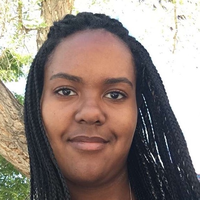
Quinci LeGardye is a Culture Writer at Marie Claire. She currently lives in her hometown of Los Angeles after periods living in NYC and Albuquerque, where she earned a Bachelor’s degree in English and Psychology from The University of New Mexico. In 2021, she joined Marie Claire as a contributor, becoming a full-time writer for the brand in 2024. She contributes day-to-day-content covering television, movies, books, and pop culture in general. She has also written features, profiles, recaps, personal essays, and cultural criticism for outlets including Harper’s Bazaar, Elle, HuffPost, Teen Vogue, Vulture, The A.V. Club, Catapult, and others. When she isn't writing or checking Twitter way too often, you can find her watching the latest K-drama, or giving a concert performance in her car.